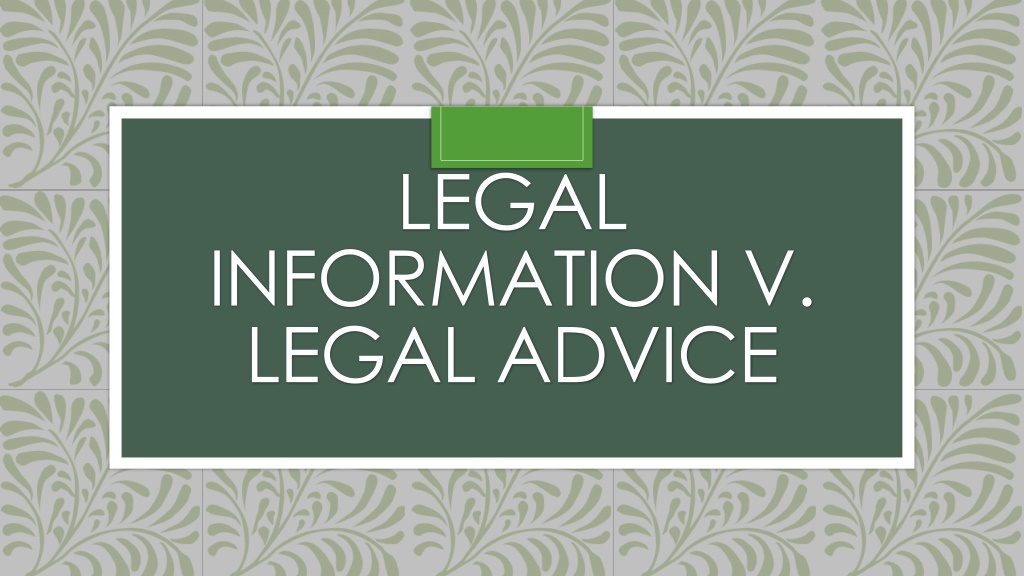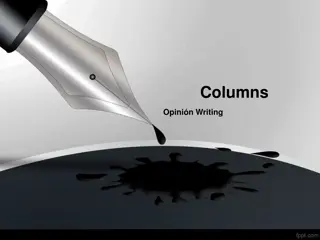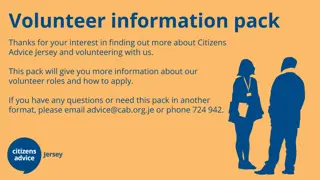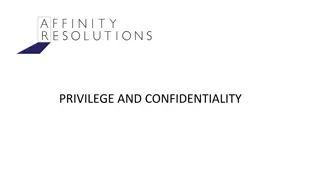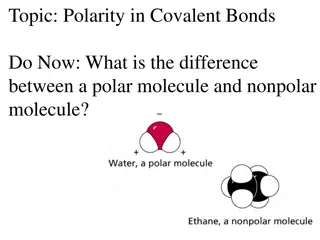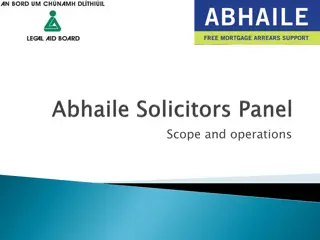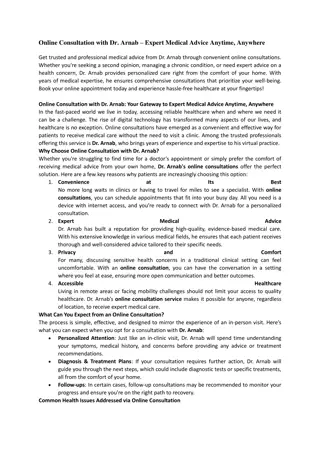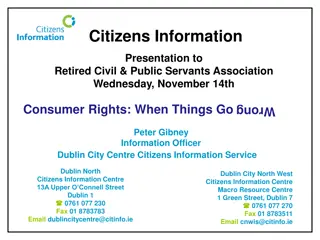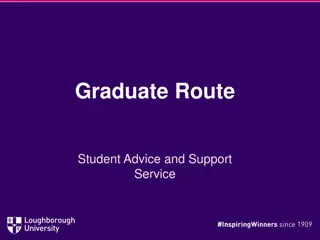Understanding the Difference Between Legal Information and Legal Advice
Legal information provides facts about the law and legal processes, while legal advice offers guidance on courses of action to further interests. Legal information is like the rules of a game, explaining basics, while legal advice is akin to the strategies for winning. This article explores the distinctions with helpful metaphors and outlines the boundaries between legal information and advice in court settings. Understanding these distinctions is crucial for individuals navigating the legal system.
Download Presentation

Please find below an Image/Link to download the presentation.
The content on the website is provided AS IS for your information and personal use only. It may not be sold, licensed, or shared on other websites without obtaining consent from the author. Download presentation by click this link. If you encounter any issues during the download, it is possible that the publisher has removed the file from their server.
E N D
Presentation Transcript
LEGAL INFORMATION V. LEGAL ADVICE
Self-Represented Litigant Challenges Confusing Forms Opposing Counsel Complicated Procedures Crowded Courtrooms SRL High Stakes Conflicts Legal Jargon
Legal Information and Advice: What's the Difference? Legal Information Facts about the law and the legal process Signals: Who, when, where, how? Objective information - Shouldn't require details about case LegalAdvice Advice about the course of action a patron should take to further his or her own interests Signals: Should, what? Subjective information - Often requires details of the case
Metaphor of a Game of Chess Legal information is the rules of the game. Just the basics of how you play. For chess, that would include explaining the object of the game, how the various game pieces play on the board, etc. Legal advice is the strategy of howto win. For chess, that might include strategies of how to guard your queen, the best moves to advance your position, etc.
Metaphor of Getting a Drivers License Legal information would be the steps involved in getting a driver s license. For example, you need to complete this form, you need to pass an written test and a vision test, etc. Legal advice would be assisting someone to get the driver s license. For example, giving someone the answers to the written exam.
Legal Advice v. Legal Information, Courts Legal Information (Permitted) Legal Advice (Prohibited) Legal definitions Legal explanations Procedural definitions Available options Procedural advice Recommended options General attorney referral information Forms Specific referrals to private attorneys Completed forms Instructions on what to write Advice on what to write Court rules and protocol Court strategy Checking forms for completeness Local legal aid and self-help resources How do I ? Checking forms for accuracy Representation in court Should I ?
The same rule outlines prohibited activities that are considered legal advice. Most relevant to ODR, these prohibitions are as follows: Cannot recommend a specific course of action for a self-represented litigant. Cannot provide an interpretation of legal term, statute, rule, order, case law or Florida constitution. Cannot provide confidential information. Cannot perform legal research.
Lets Turn, now, to ODR and use Small Claims as our example
Legal information needs to be bite-sized and included as needed. Keep it simple. Use plain language. Use common, non- legal jargon as much as possible. Give ODR participants only what they need, when they need it. Link to additional resources, as needed.
Examples of Substantive Information What is a small claims? A small claims case is a lawsuit brought by someone seeking to get back money, personal property for no more than $5,000. Who are the players? When a person or company feels like someone else owes them money or has personal property that belongs to them, they can come to court and file a lawsuit called a small claims case. The person or company who files the case is called the plaintiff. The person or company they file the case against is called the defendant. Source: https://www.flcourts.org/Resources-Services/Court-Improvement/Family- Courts/Family-Law-Self-Help-Information/Small-Claims
Examples of Substantive Information What is the appropriate venue? Venue means the court in which a case takes place. Venue rules tell the plaintiff in which court she is allowed to start her case. These rules also enable the defendant to ask a court to dismiss and, in some cases, transfer a case if venue is inappropriate. The specific ways to determine proper venue are spelled out in Rule 7.060(a). What is a default? If the defendant fails to participate in the case, a judgment will be entered by the court for the amount of the claim. Source: https://www.flcourts.org/Resources-Services/Court-Improvement/Family- Courts/Family-Law-Self-Help-Information/Small-Claims
How to Make Good Referrals Be specific; Be realistic (e.g., don t send SRL to legal aid provider for case types they don t handle); Set expectations;
